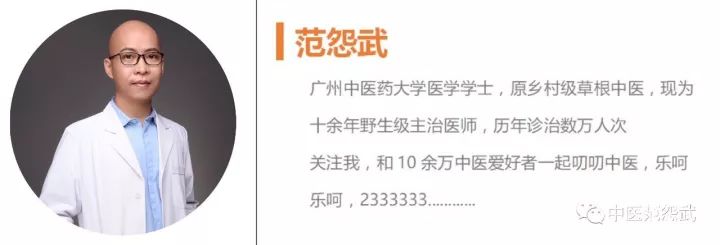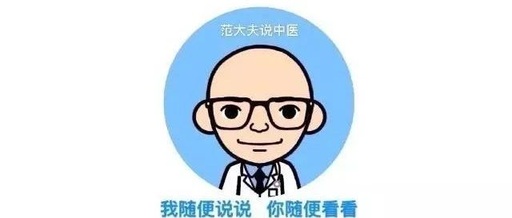
Manifestations of Qi Deficiency
Overall Qi deficiency refers to the mental state of the individual.
Qi deficiency develops gradually, and initially, the most common manifestations are as follows:
Shortness of breath and low voice (difficulty inhaling, speaking softly, like a timid person)
Reluctance to speak (feeling insufficient energy to talk, tiring easily when speaking, not wanting to talk)
Mental fatigue (sluggish thinking, lack of vitality, slow reactions, disinterest in activities)
Physical weakness (limbs feel weak, sometimes sore, tiring easily after walking a few steps)
Weak pulse, pale and tender tongue
Dizziness and lightheadedness (especially after squatting for a long time, standing up quickly, or getting up suddenly from lying down, leading to blackouts and confusion)
Spontaneous sweating (sweating more than others, with a faint odor)
Symptoms worsen with activity (all the above symptoms worsen after physical activity, indicating Qi deficiency; this is a critical sign, especially after school, overtime work, or staying up late)
For the above manifestations, Yigong San is often sufficient.
In severe cases, Qi may descend, leading to the potential sagging of organs that need to be elevated and fixed, such as eyelids, facial muscles, ulcer healing, gastric prolapse, renal prolapse, uterine prolapse, rectal prolapse, and spinal alignment.
Drooping eyelids (when Qi descends, the eyelids cannot be lifted; in severe cases, this can lead to myasthenia gravis)
Drooping facial muscles (inability to smile; smiling requires the coordination of thirty-six facial muscles; the spleen governs muscles, and if you cannot smile, it often indicates spleen Qi deficiency; also, the inability to close the mouth indicates weak masseter muscles, commonly seen in chronic cases of adenoid hypertrophy; Qi deficiency leads to habitual mouth breathing, which is actually due to insufficient muscle strength; the spleen governs muscles, indicating Qi deficiency)
Slow healing of ulcerated areas (this includes oral ulcers, gastric ulcers, intestinal ulcers, skin ulcers, and ocular ulcers; any ulcer is a depression, indicating a downward condition; in the later stages of illness, healing is very slow; this depression needs to be elevated for repair; if it cannot rise to fill, it indicates Qi descent, which is Qi deficiency; thus, some Qi tonifying formulas can treat these chronic ulcers.)
Feeling of heaviness in the abdomen (the fixation of internal organs requires the strength of muscles and ligaments, which relies on Qi; if Qi is deficient, there is naturally no strength to fixate, leading to sagging.)
Posture fixation (to have a good appearance, such as standing tall with head held high, requires the participation of all skeletal muscles; insufficient muscle strength leads to inability to lift the head, rounded shoulders, hunchback, and sagging waist; this can make a person appear unmotivated and lacking energy, which is a manifestation of Qi deficiency.)
For the above, Buzhong Yiqi Tang is commonly used.
Additionally, Qi not being solid is primarily reflected in the inability to retain excretions.
What excretions are included?——tears, nasal mucus, sweat, saliva, urine, feces, menstrual flow, semen, and even the fetus expelled from the mother.
Qi not being solid leads to frequent unexplained tearing, nasal drip, spontaneous sweating, drooling, urinary incontinence, fecal incontinence, menorrhagia, premature ejaculation, and miscarriage.
The fixation of tangible excretions requires the maintenance of Qi; intangible excretions (thoughts, speech) also require the fixation of Qi.
If Qi is deficient, thoughts will scatter, and speech will become disorganized. (This point is provided by Dr. Fan for reference to psychiatrists; Qi tonification can be considered for treating conditions like ADHD.)
The formulas for the above symptoms are somewhat complex, and I will not provide examples as they involve multiple organs, and different organs with Qi deficiency require different herbs.
In the most severe cases, Qi collapse
Vital Qi is so deficient that it cannot support the individual in maintaining a conscious state.
Weak and irregular breathing
Profuse sweating
Open mouth and closed eyes
Complete body weakness
Incontinence of urine and feces
And so on.
For Qi collapse syndrome, Shenfu Decoction or Ginseng Decoction is often used.

